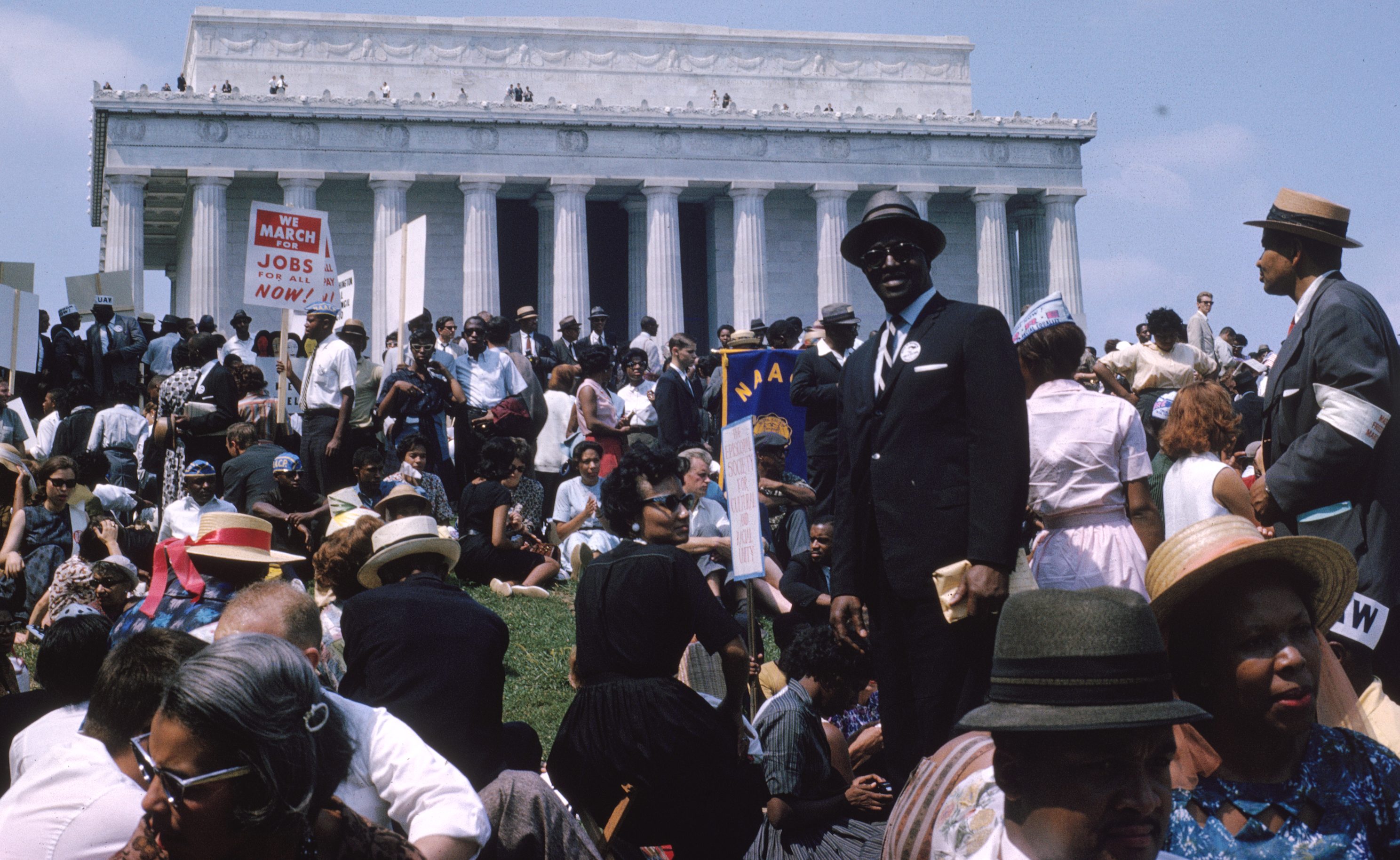1/1
Dreams on the Mall and Shadows in the Heat of 1963 Washington
As summer 1963 simmered, the idea of a massive civil rights march in Washington, D.C. was more a gamble than a guarantee. Organizers, facing a whirlwind of violence and urgency, stitched together a gathering that would draw a quarter of a million people—most of them Black—onto the National Mall in less than three months. The March on Washington for Jobs and Freedom became a tapestry of unity and star power, with activists, artists, and everyday citizens converging in their Sunday best. The rally’s highlight—Martin Luther King Jr.’s thunderous "I Have a Dream" speech—echoed across the nation, etching itself into the American conscience and helping to pave the way for the Nobel Peace Prize he’d win the following year. Yet, the day was far from flawless. Women’s voices were sidelined, and some key figures were left off the program, revealing the movement’s own struggles with inclusion. The march’s promise glowed bright, but the road ahead remained fraught with violence and loss. Even so, that summer afternoon left a mark that endures, both in stone and in memory. #CivilRights #MarchOnWashington #MLK #Culture
2025-06-05
write a comment...
